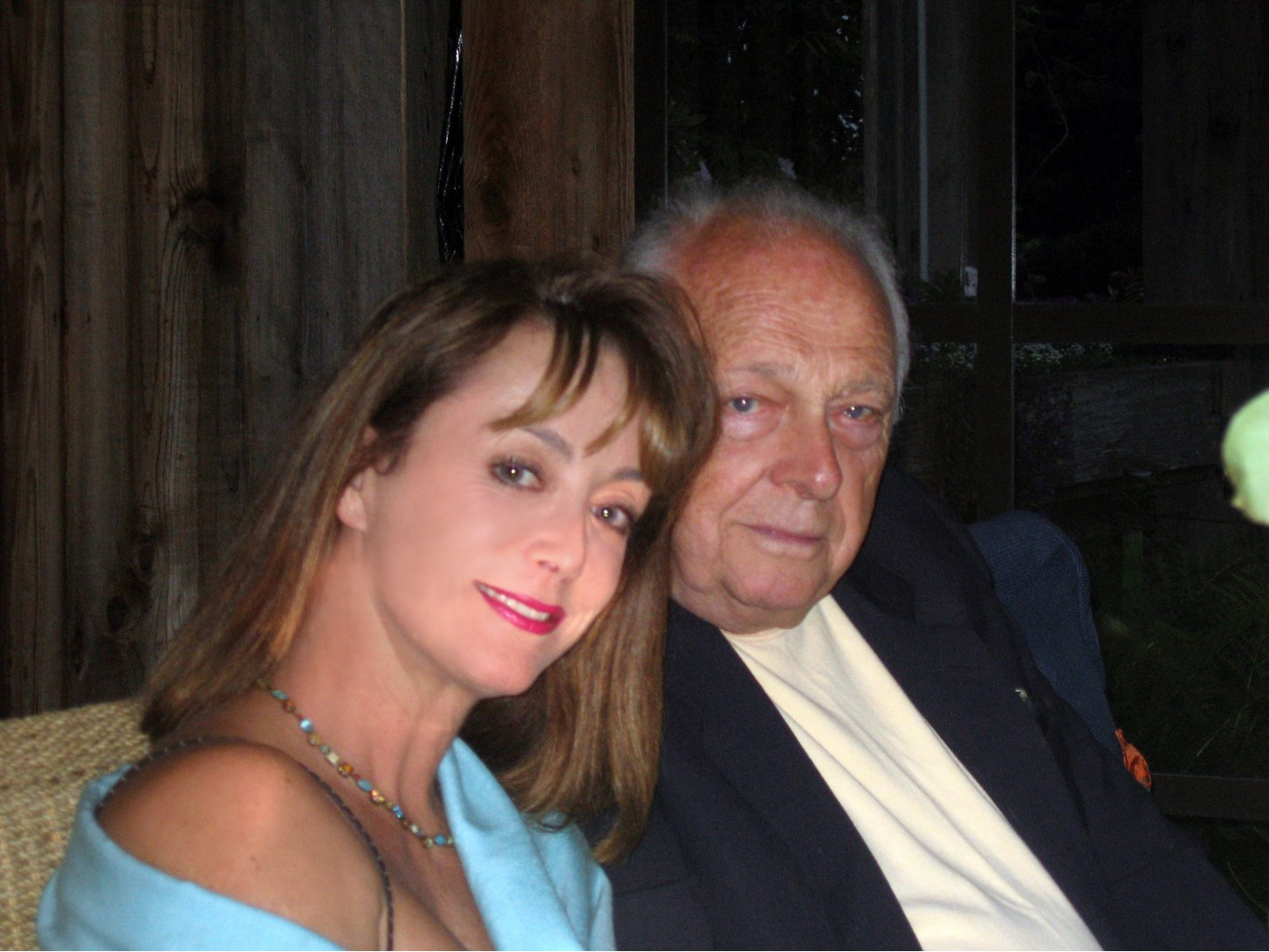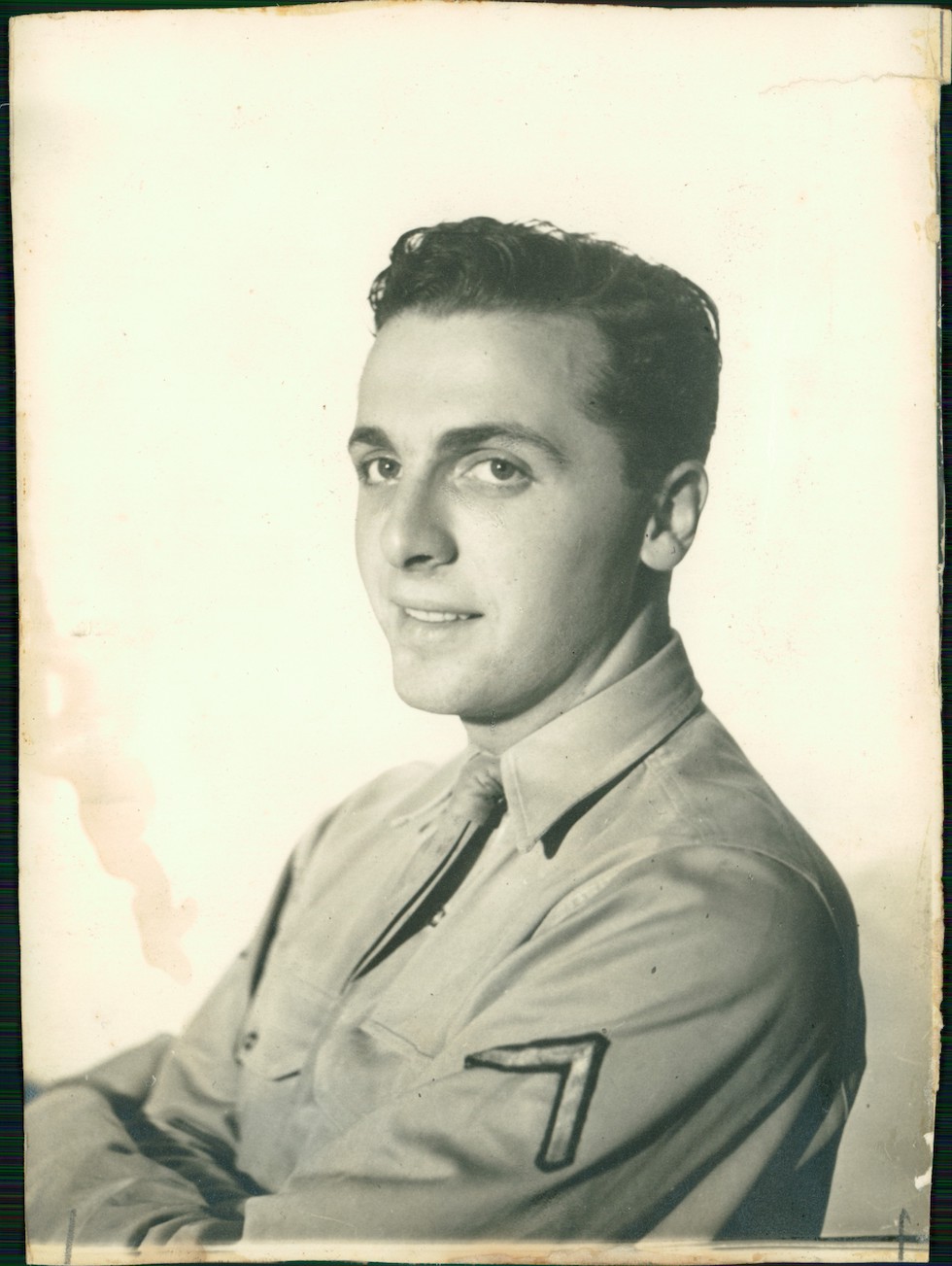
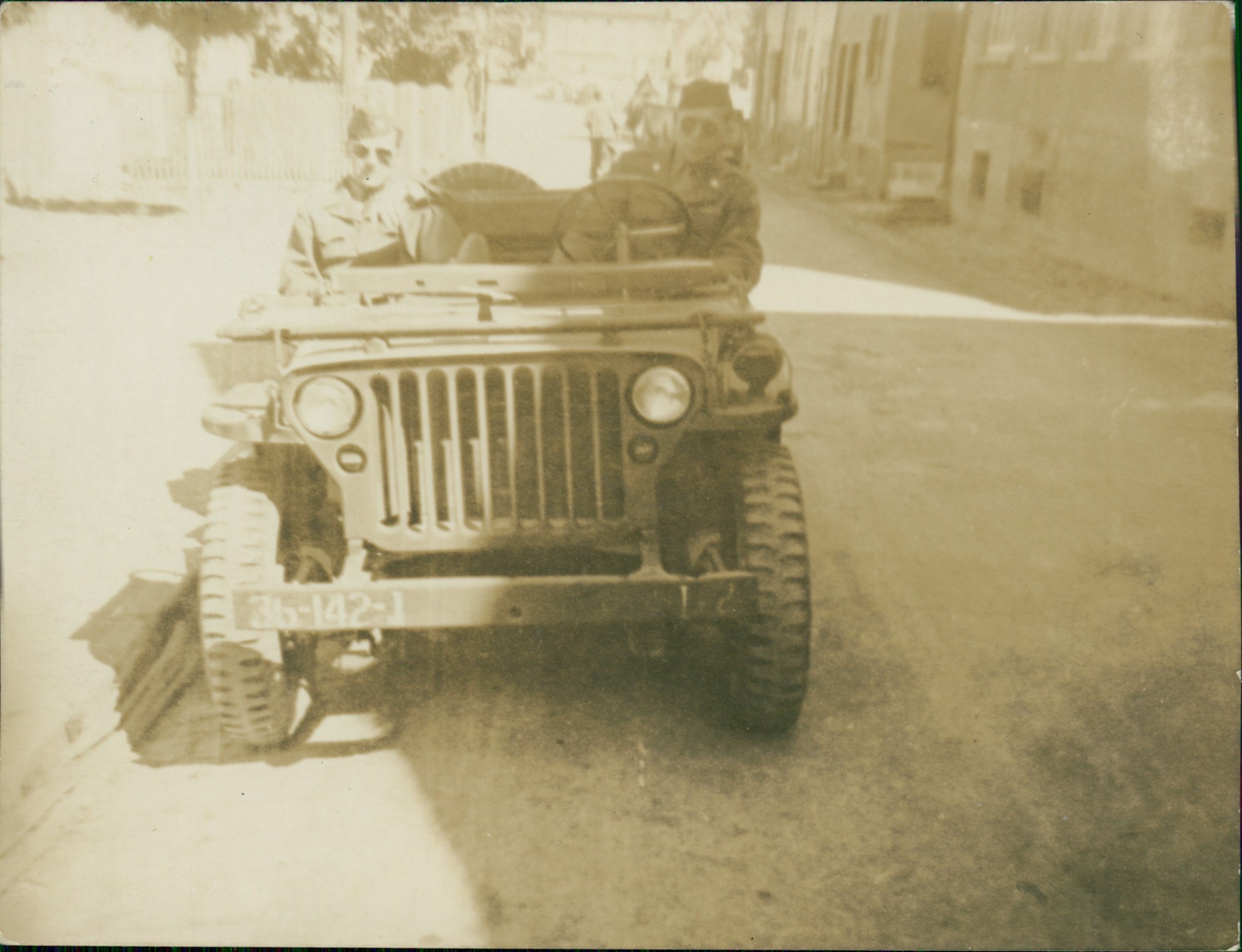
Alban E. Reid
Alban E. Reid was a teenage enlistee in the U.S. Army in 1940. Although war was already raging in Europe the United States remained isolationist and confident that the Atlantic Ocean would confine the fighting to the European powers. As there didn’t seem to be any urgency to train Army recruits to combat readiness, Private Reid was assigned to Walter Reed Army hospital without having gone through basic training. His assignment at Walter Reed was of little note in his memoirs but his first overseas assignment to Trinidad and Tobago made an impression on young Pvt. Reid as he was able to expand his horizons to include writing for the local newspaper, The Trinidad Guardian which ultimately included his own byline, Trinidad News Tips reporting on U.S. Army activity on the Island. This public involvement in the local community resulted in his inclusion in the first USO tour featuring prominent entertainers of the time, Al Jolson and Bing Crosby.
He was in Trinidad on December 7, 1941 and his easy Caribbean lifestyle changed dramatically. He applied and was accepted for Officer Candidate school at Fort Benning, Georgia. Upon commissioning as a Second Lieutenant he went to combat infantry school before sailing to North Africa and a landing in Algeria. There he trained with the 142nd Battalion of the 36th Army Division for the eventual landing on the beaches of Salerno, Italy: the first Allied landing on the continent of Europe since the start of the war. It was there that Lieutenant Reid earned his first Bronze Star and First Purple Heart.
With the end of the war a new direction was required which meant a return to school under the G.I. bill where career choices were contemplated and pursued. A career in the field of education became clear to this former warrior and he earned his undergraduate degree from Yale University in 1946. A Master’s degree from the University Southern Connecticut followed deepening his commitment to education. When the opportunity to relocate to the West Coast became available, the Reid Family which by then included wife Dolores and two young daughters, became Californians.



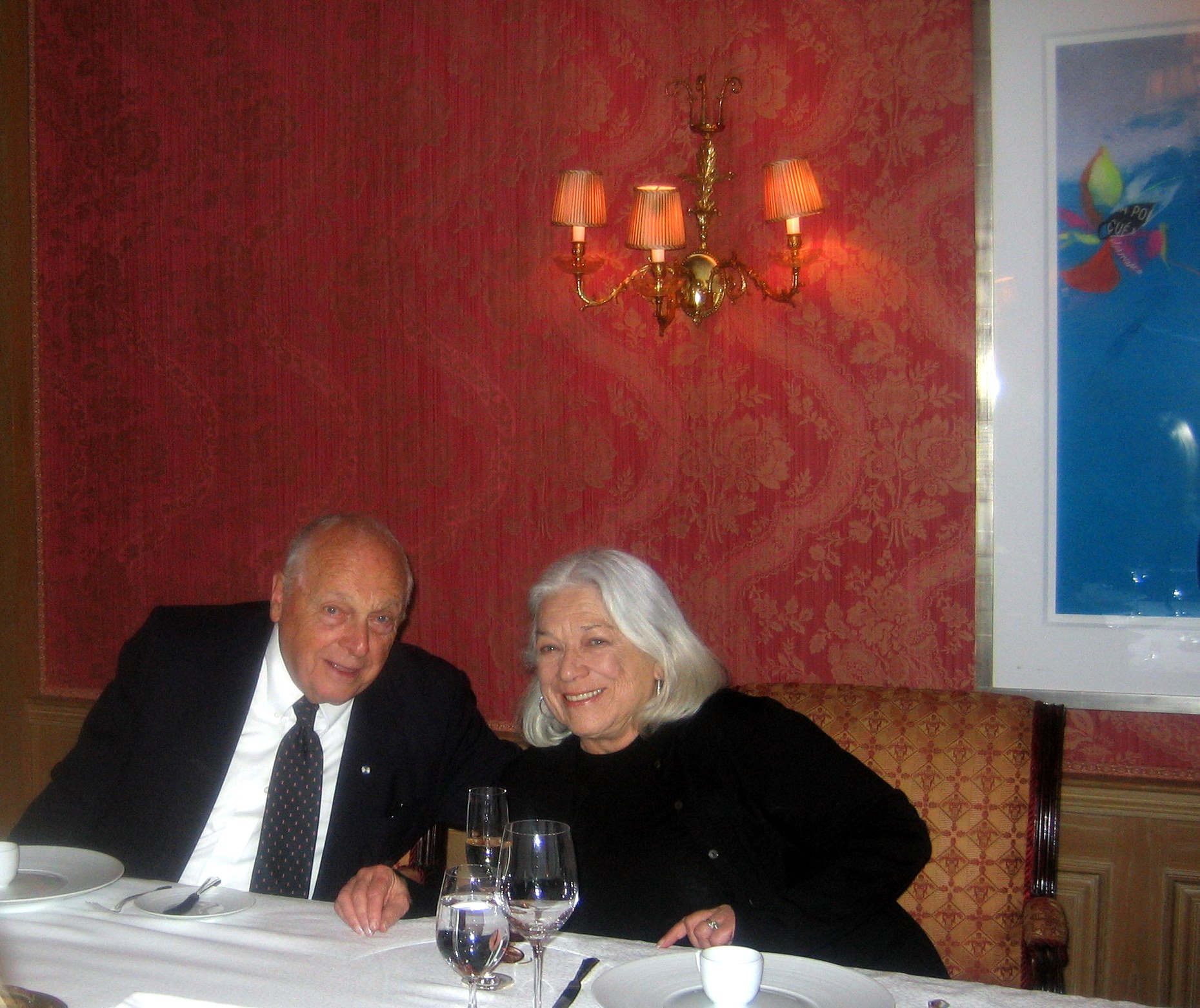
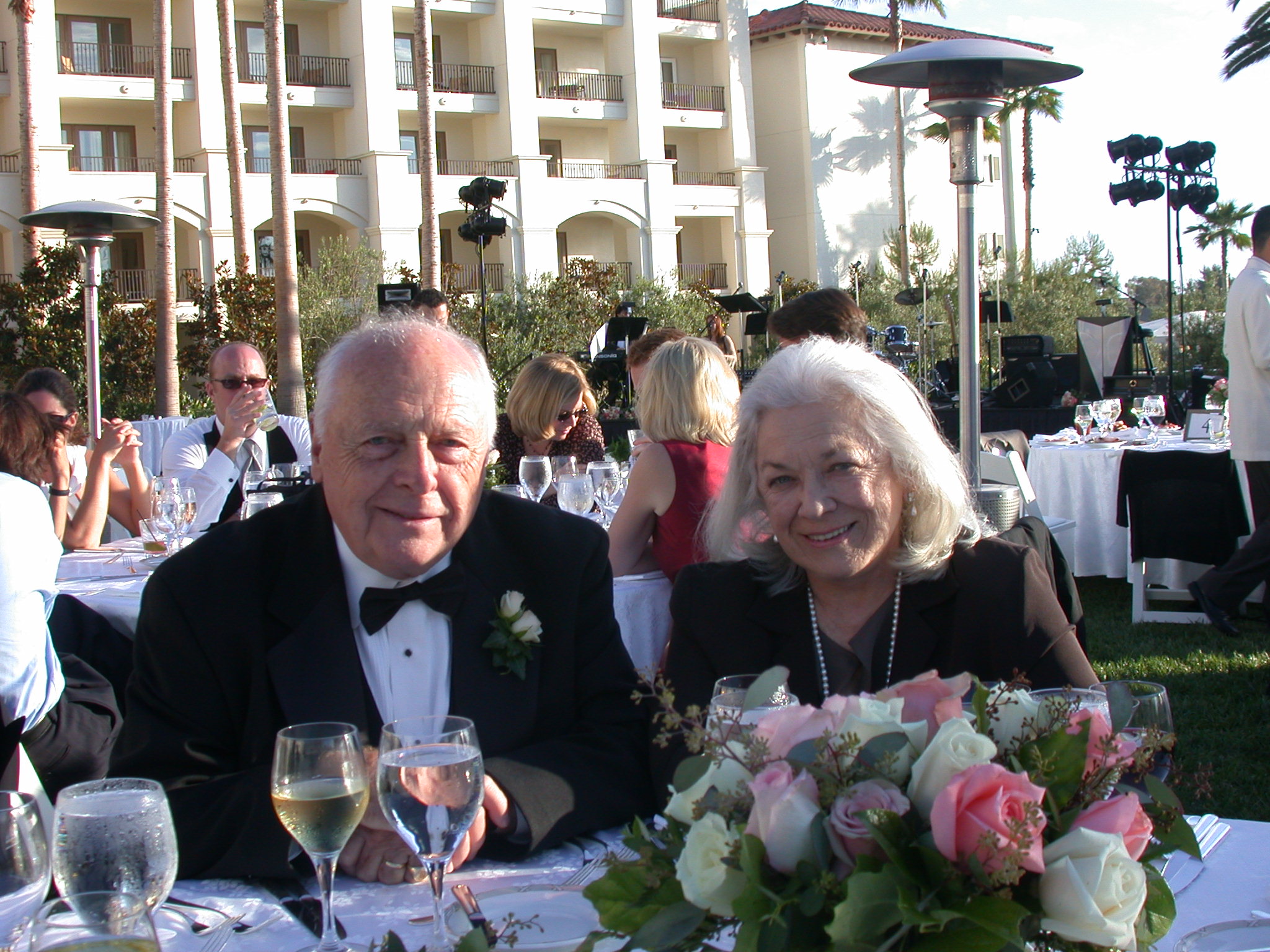
Retirement, however was not to be as the opportunity to become Director of the University of Southern California Master of Science in Education Programs for the Asian campuses in Japan and South Korea became Dr. Reid’s next higher education challenge. The international experience opened the door to consultative work with the World Bank and USAID supporting the upgrade of educational standards in Eastern Europe, Africa, China and Taiwan.
On his return to the United States and eventual retirement, board memberships, speaking engagements and even consultative assistance for Chapman University in Orange, California, extended Dr. Reid’s influence in higher education.
Stephanie Reid Wilcox
Stephanie Reid Wilcox, MBA, followed her father Alban E. Reid Jr. into the field of education, first by graduating from Black Hawk Community College where Dr. Reid served as president, and later graduating from the University of Southern California with a degree in English and education. Her career in higher education included positions with the Pepperdine Graduate School of Business and two divisions of Pearson Education. The father/daughter connection to education has remained strong throughout their adult lives. What began as a project for the Reid family archives has become a historical record of his contribution to victory in WWII as a member of the “Greatest Generation.”

